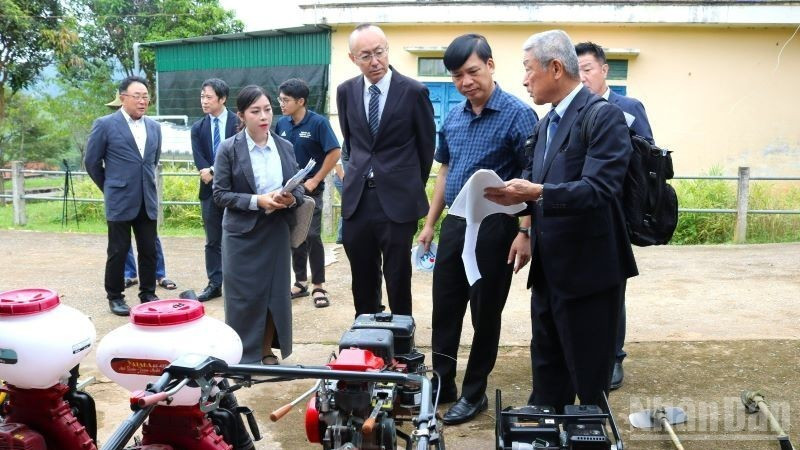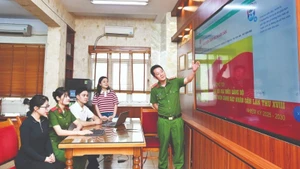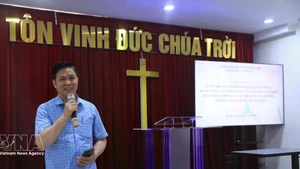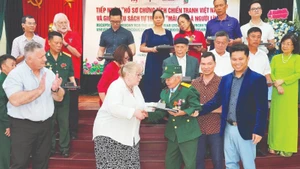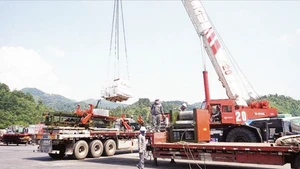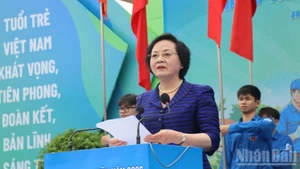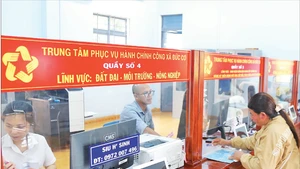The donation includes an irrigation system, ploughing machinery, and seed storage facilities. These tools are expected to enhance water supply, improve soil tillage techniques, and create optimal conditions for seed preservation—ultimately contributing to the production of high-quality garlic.
This initiative forms part of a broader project aimed at assessing business feasibility under the Sustainable Development Goals (SDGs) framework. It seeks to develop the value chain for Sanuki garlic in Nghe An Province through collaboration with the private sector.
Running from 2023 to 2026, the project is part of the Support Programme for Small and Medium-sized Enterprises. It addresses economic and social development challenges in developing countries, based on proposals from the Farmers’ Co-op, headquartered in Zentsuji City, Kagawa Prefecture, Japan.
The project is being implemented in Na Ngoi Commune, a mountainous region near the Viet Nam–Lao border, predominantly inhabited by the Mong ethnic group. It aims to tackle issues such as unstable income caused by traditional shifting cultivation practices and the outmigration of young labourers seeking employment elsewhere.
Notably, the project involves a former skilled intern from Nghe An Province who returned from Japan and now serves as a local technician, providing guidance on modern cultivation methods. This exemplifies how overseas experience can be harnessed to bring advanced agricultural knowledge and techniques back to local communities.
JICA remains committed to fostering trust with local residents and authorities, while supporting the development of a sustainable and inclusive rural model.
